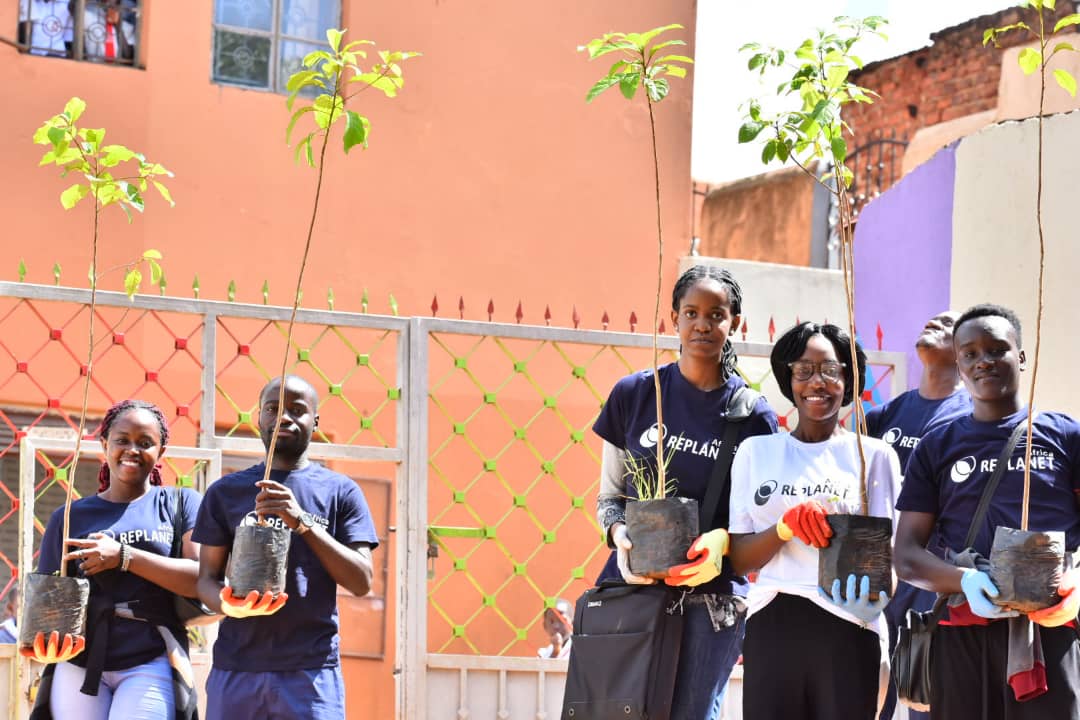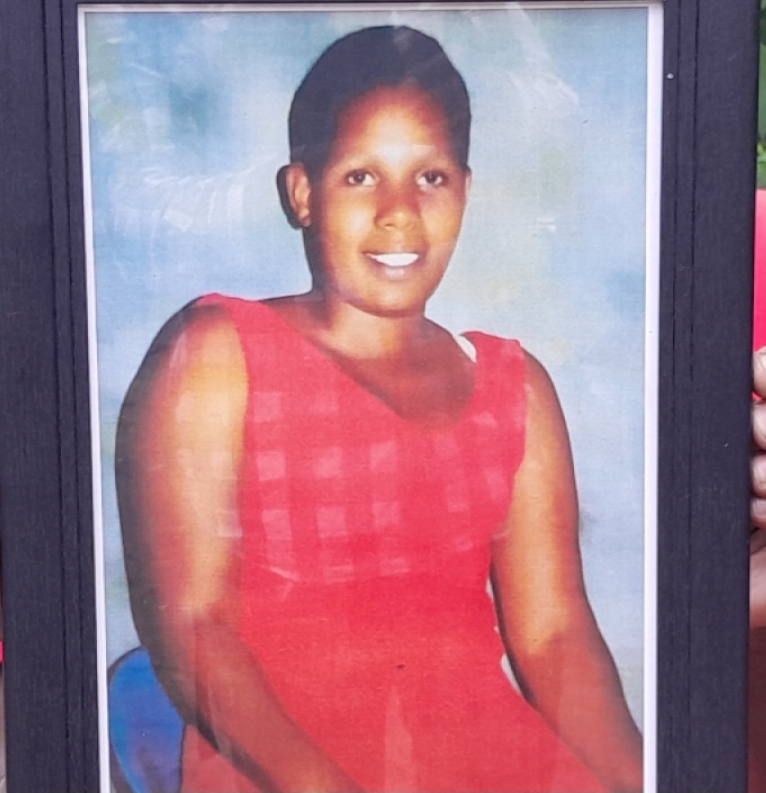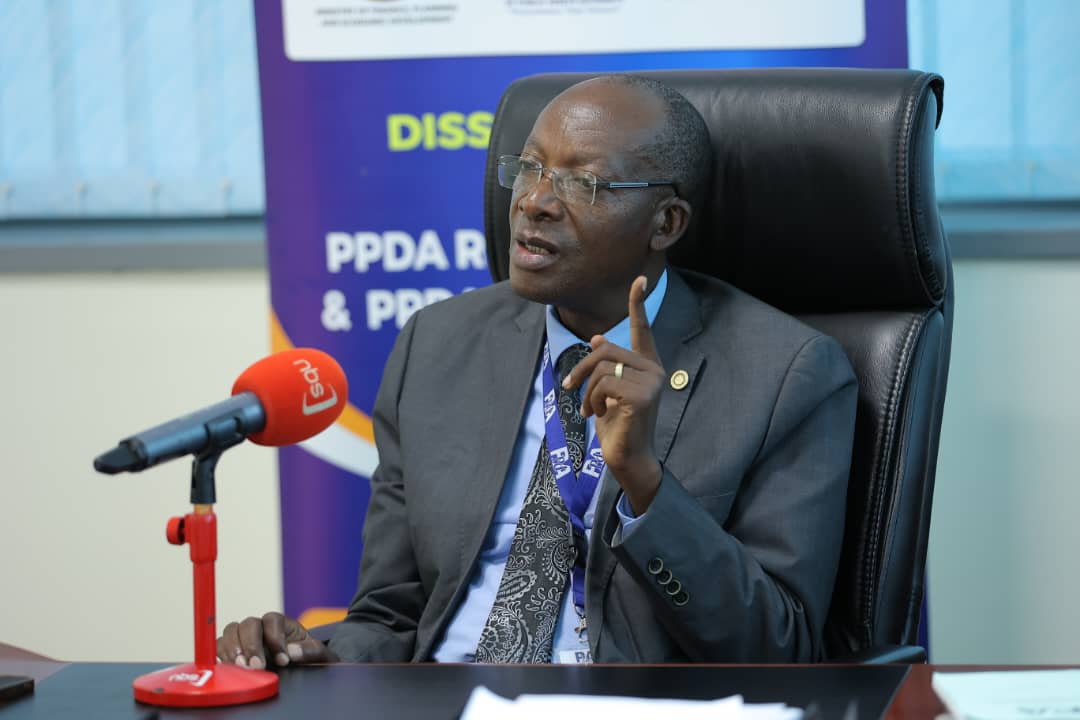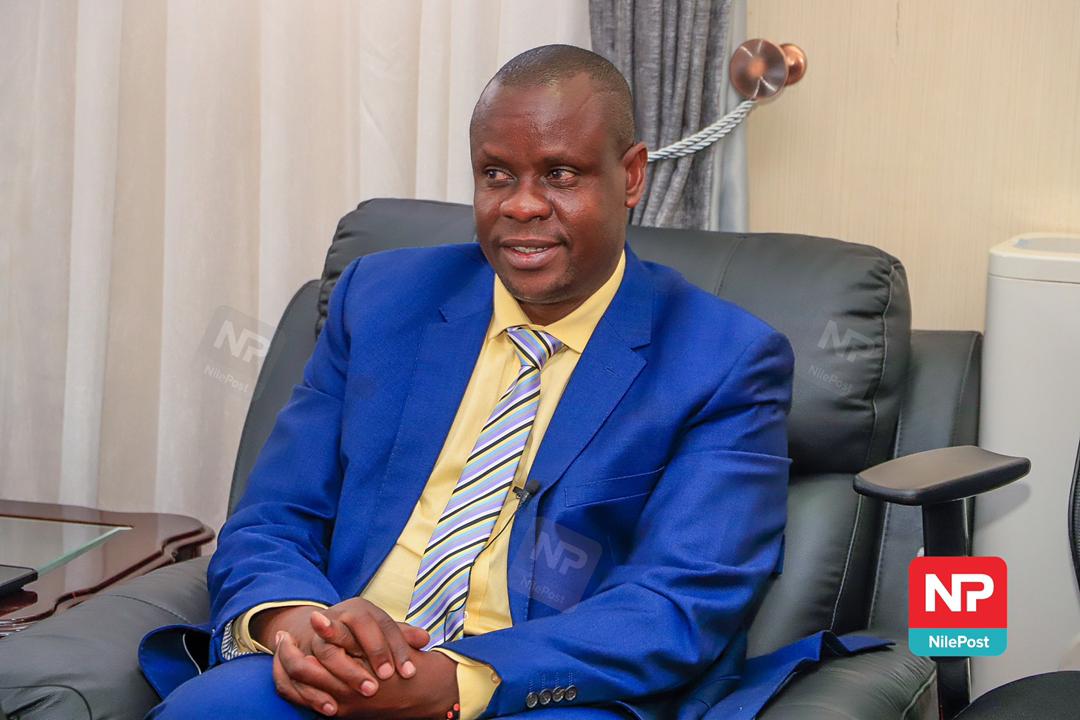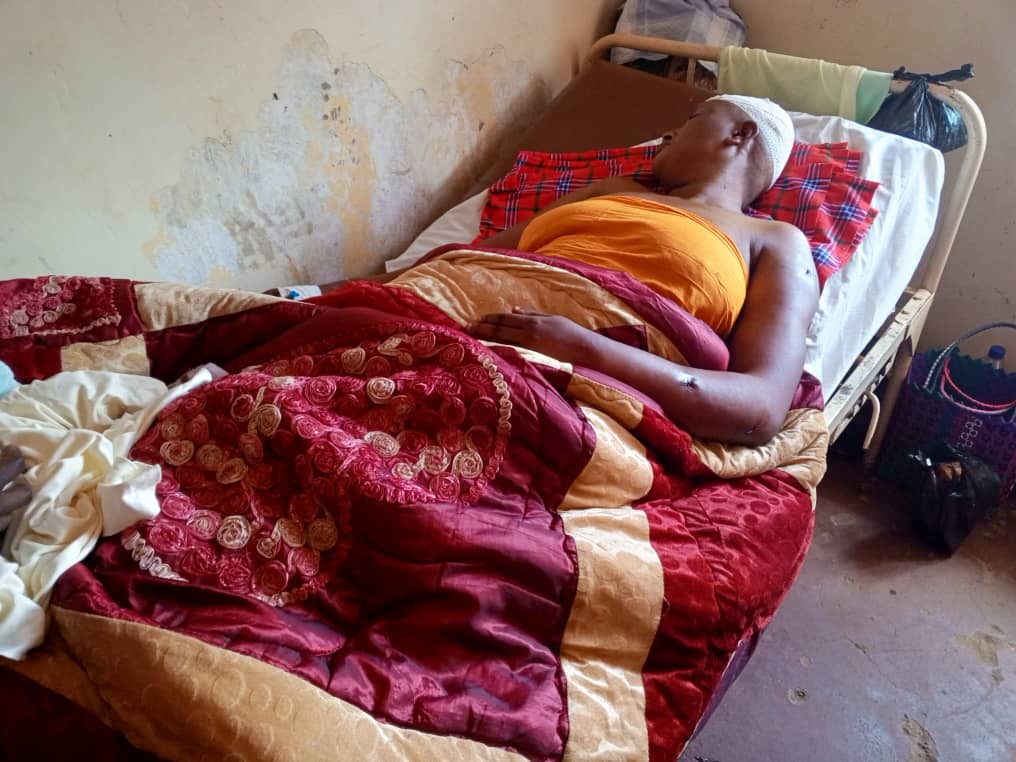Ugandan women are now global change makers
Mothers, daughters and all women everywhere stand up and embrace your roles today, here goes the chorus of Uganda Women’s Anthem. It’s against this, the government of Uganda is putting much emphasis on women's emancipation in the country.
We now have a responsibility to inspire and be role models to the nation that justifies the fact that if a man can do it a woman too can also do it. Most women in Uganda now know their rights and recognize that they too can be as good as their male counterparts in almost every sphere of life.
Keep Reading
Uganda is a signatory to several international, regional and has national laws and policies that advance the participation of women in public leadership. Women’s participation in leadership and decision making continues to be limited yet it remains a top priority and a critical element for achieving gender equality.
Going back to the past years, women's potential was suppressed and their contributions ignored. The emerging global consensus was that despite some progress, real change had been unbearably slow for the majority of women and girls in the world but when the NRM government came to power with women emancipation was high on its agenda, the women of Uganda fell in love with it and have not looked back.
Today, Uganda as a country is proud to celebrate women’s day where we highlight their achievements and contributions to the country. This year, celebrations will be held in Mbale district with a theme “Celebrating 25 Years of the 1995 Constitution: Milestones on Promoting Gender Equality and Women’s Empowerment in Uganda”.
The event will celebrate change-makers of all ages and genders and discuss how they can collectively tackle the unfinished business of empowering all women and girls in the years to come. Globally, Ugandan women are now change-makers, they move and shape development internationally.
The government aims at bringing together the next generations of women and girl leaders and gender equality activists with the women’s rights advocates and visionaries
Formerly, women would simply attend council meetings, they had never learnt of the power in their voices to articulate issues for policy formulations that directly affect them and their children. However, as we talk now, women are now in power and have taken up leadership positions in the country. This is one of the areas the NRM government has scored highly.
Since 1986, the NRM has strengthened the legal, policy and institutional framework regarding women. On the legal side, specific laws tailored to suit women’s needs and aspirations have been initiated to protect women in the realm of domestic relations and advance them in terms of participation in decision-making processes and access to political power.
Due to stable and able leadership by H.E, President YK Museveni, we are proud of the institutional mechanisms that ensure women's advancement in an orderly fashion and a legal framework that has both disciplinary and preventive measures to protect women from violations.
Whenever a woman is put into a position of responsibility through a ballot or appointment, she is self-accounting. We can only urge the government to place valuable resources in the hands of women.
Only when women have full access to decision making positions, will laws, policies, and budgets reflecting on the needs of all citizens and supporting women’s rights.
And on the health side, there is deliberate effort to reduce maternal mortality and prevent mother-to-child transmission of HIV. For the next five years, the NRM Manifesto provides, the NRM government with along the path of enhancing gender equity and equality, and expanding programs for the elimination of gender-based violence.
In northern Uganda, a region still stigmatized by and recovering from decades of conflicts, the NRM government provides psycho-social support and other such services to women and girls, as part of its post-conflict management which is programmed to reduce maternal and child mortality so women enjoy preferential treatment.
Regarding whether or not women emancipation has been achieved, the answer is that so much has been done, and much more remains to be done. However, the previous status of women, standardized against their current position reveals a change too drastic to ignore or forget.
Women themselves acknowledge this and know where their vote lies and they will make their sentiments categorically and unequivocally clear. Gone are those days when women were looked and treated as house property.
The Writer is a Communication Assistant at Government Citizen Interaction Centre (GCIC), Ministry of ICT & National Guidance.







